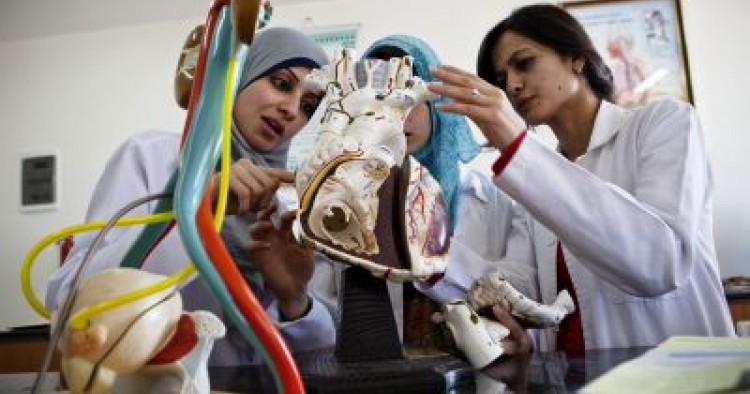Originally posted July 2010
This is the first of three volumes examining the internationalization of higher education and the Middle East. The 12 essays included in this volume explore some of the changes that are taking place and the challenges that lie ahead as Middle Eastern countries seek to build sustainable higher education systems and strengthen their economies. Within the dynamic global higher education landscape, is the Middle East a stagnant backwater or a center of creative initiative? What are, and should be, the roles of foreign partners and providers? In which ways and to what extent can innovative modes of delivering educational content, facilitated by information communications technology (ICT), enrich learning? What are the broader cultural implications of the adoption of Western higher educational standards and practices? How does politics inform and impede the ability of students and faculty to participate fully and flourish in institutions of higher learning? These are just some of the important questions addressed in this volume.
The Middle East Institute (MEI) is an independent, non-partisan, non-for-profit, educational organization. It does not engage in advocacy and its scholars’ opinions are their own. MEI welcomes financial donations, but retains sole editorial control over its work and its publications reflect only the authors’ views. For a listing of MEI donors, please click here.













